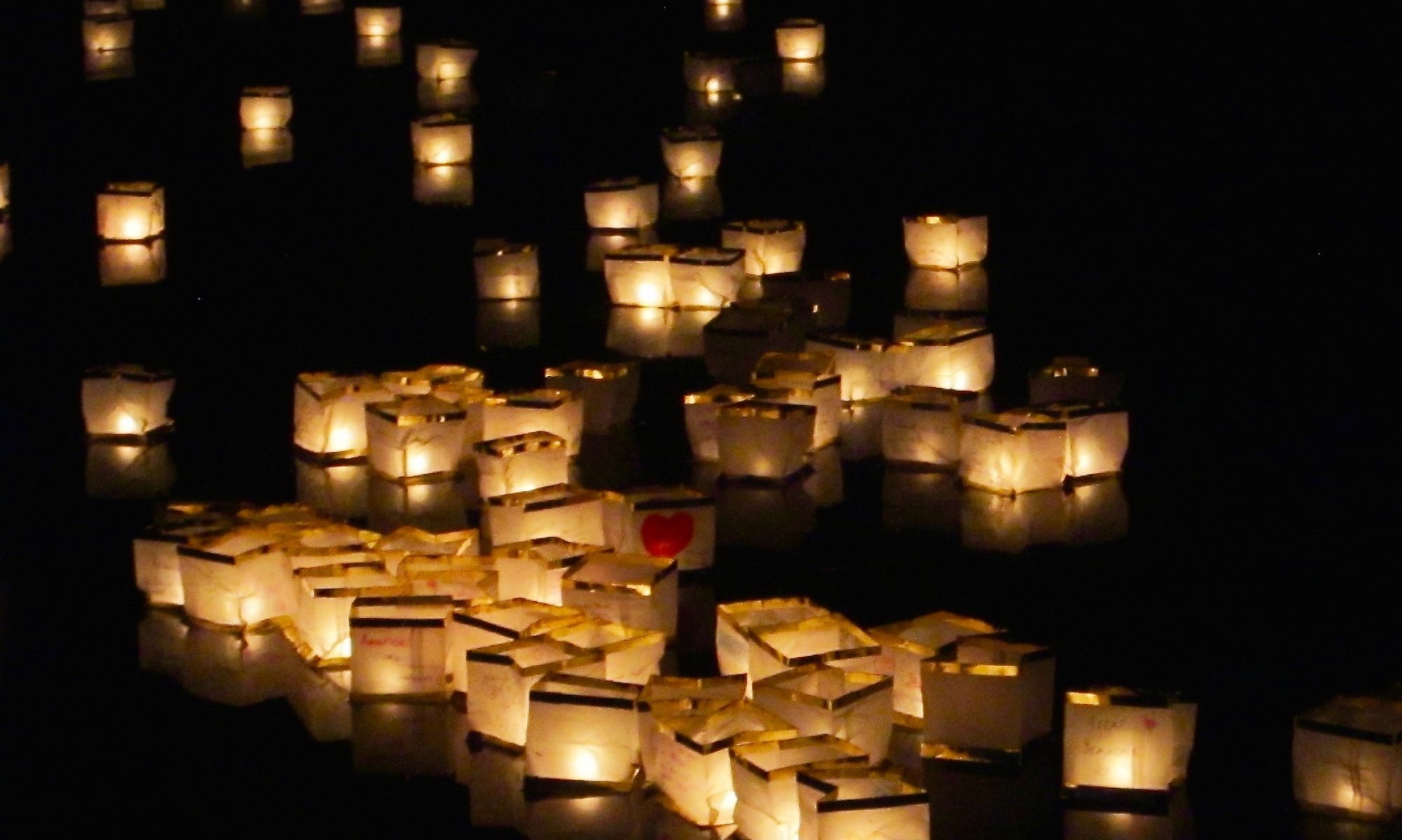There are hundreds of columns and editorials out in the world condemning the slaughter of five journalists at a newsroom just like mine, less than two weeks after it happened. The columns appeared within hours, tweets and posts and laments. There’s a reason. Words are our lifeblood and our solace. We may be working out our collective sadness and fury in words for some time to come.
I honestly feel this is the closest we journalists will come to understanding how police officers feel when they hear one of their own has been killed in the line of duty. You feel shaken and sick to your stomach, angry and generally beyond rational thought.
It doesn’t matter that you didn’t know them personally. You live your life by a mission, and they were killed while fulfilling it. There but for the grace of God.
That Thursday afternoon, Annapolis was on all three screens in our newsroom. Everyone who was not actively writing something on deadline was gathered by the screens. Watching and waiting and trying not to show how it struck us in the gut.
They’re the same size we are, you know. Maybe a little smaller.
But the news doesn’t wait for tragedy. Within a couple of hours, a gigantic storm rolled into the area and we had to shift into emergency coverage mode. No time to obsess over tweets and updates; we had to churn out tornado warnings and closed roads and flooding dangers and power outages and damage reports.
The evacuated survivors of the Capital Gazette used the bed of a pickup truck to write their stories for the morning edition while they waited to hear which of their colleagues – their family – survived the shooting. No time for mourning.
Because that’s the job. As their editor now-famously declared, “We’re putting out a damn paper tomorrow.” And in a heart-rending cartoon showing the five murdered journalists at the pearly gates, St. Peter soberly shows them a copy and says, “Yes, they got the paper out.”
The Baltimore Sun reported on their own, on the journalists writing about the murders of their colleagues. Two reporters and a photography writing the most hellish story of their lives, chronicling for the world the deaths in their family. “I don’t know what else to do except this,” said reporter Chase Cook.
We are a family. Hour for hour, we spend more time with the people in our newsrooms than we do with wives and husbands, children and parents. We are sometimes a dysfunctional family, with the unusual personalities attracted by the profession, and the immense stresses that the job places on us. But a family nonetheless.
It takes a stalwart heart to love a journalist, and many marriages do not survive its rigors.
To love a journalist, you must be prepared for random phone calls during family occasions that see your loved one vanish into another room, taking notes on a napkin.
To love a journalist, you must get used to a partner who has to scan email and headlines before even getting out of bed in the morning.
To love a journalist, you must be patient when you’ve planned a romantic luncheon for two at a not-inexpensive Italian restaurant, and ten minutes after the iced tea is poured, your partner is asking for that meal to go, there’s a standoff in the next town, I’m so sorry, dear.
To love a journalist, you have to still that whisper of nervousness when there’s a tornado warning and your partner has to go out and take a video, or is sheltered in a steel mill under the giant, heavy equipment. He or she may be sent to a rough neighborhood only minutes after a gang shoot-out, or writes a story that ruffles the wrong feathers, or is standing by the side of the interstate shooting video of the crash while someone may be coming up behind him, not quite paying attention.
To love a journalist, you have to know that there’s a possibility he or she won’t come home.
For five families in Annapolis, that worst possibility came true. It’s an accepted risk for police officers and firefighters and military personnel, but few people ever consider that journalists are one step behind those brave first responders and bullets hit us just as hard.
When a soldier is killed in action overseas, he is a hero. When Daniel Pearl was kidnapped and murdered overseas, they said, “What was he doing there, anyway?”
His job.
It’s getting worse. At least 41 journalists have been killed this year, at least 30 of which were in direct retribution for a story or caught in a crossfire. That doesn’t include the Annapolis five. Reporters Without Borders and the Committee to Protect Journalists both detailed the darkening climate for journalists worldwide in a Washington Post piece that largely focused overseas. World leaders decry journalists, discrediting and undermining them – and it works. Someone will listen, and pick up a gun.
The threats aren’t just deadly. Internet bullying, harassment and stalking are pervasive. When we talk about it, it is dismissed as “the cost of doing business.” In the week since the Annapolis shooting, the Capital Gazette has received death threats and untold piles of emails and letters cheering on the attack, and not just in the darker corners of Reddit or 4chan.
I personally received mockery and abuse simply because as president of the St. Louis Society of Professional Journalists, I co-signed a mass statement from the Student Press Law Center essentially saying we have the right to work without being slaughtered.
We try to laugh when another crazed reader emails us a nastygram, stifling the tiny thread of worry that says this could be the one who decides to back up his vendetta by striding into the lobby with an AR-15.
After all, my newspaper is based in the hometown of James Hodgkinson, who decided to vent his fury by shooting up a Congressional baseball practice. The idea that any of these shootings are in “other” places and therefore we are safe belongs in the far-distant past.
Every shooting is somewhere else until it’s here.
Every newspaper has a Jarrod Ramos. Every single one, and most have multiples. Ramos’ defamation suit has become the focus of the world’s attention – oh, he had a motive, so it’s easier to dismiss it. “He had a vendetta against the paper,” sayeth law enforcement, and already the shooting is recategorized.
It’s not about journalists or journalism, it’s not about violence against newspapers, they argue. It was just this one guy, this one newspaper.
But his defamation suit that supposedly spurred this caused me even more concern. Once again it began with a man stalking and harassing a woman, a common denominator among mass shooters. He pleaded guilty, then sued the paper for defamation because they reported it. When it was thrown out he appealed (thus costing the paper quite a lot in legal fees, I would imagine).
The appellate decision, as reported, is a thing of beauty. If he had had a lawyer, they stated in much more polite language, he might have been advised that in order to BE defamation, it actually has to be false. You can’t be defamed with the truth.
But he didn’t understand the difference between “fake news” and reality. He didn’t like it, therefore it was defamation.
And he isn’t alone. If the comments we received, the badinage on Twitter and the endless screaming threads on Facebook are any indication, there is an enormous and troubling population that can no longer tell the difference between fact and fantasy – and simply doesn’t care.
That is far, far more dangerous for journalists – and for the United States of America – than the guns or the mental illness or any other cause we can blame. We make our living through words, and our passion is for the facts, and to see both dismissed in the wake of a hail of bullets tore us all apart.
We got emotional. Some stepped over the line. Two journalists openly tweeted blame for President Trump in direct or indirect language. Both retracted their comments later; one was fired/resigned, his 21-year career as a journalist at an end in one foolish, heated Tweet. That, too, is a tragedy.
We spend our careers, our precious time with those long-suffering, patient families, our very lives in pursuit of the facts – I resist the word truth, since truth can be subjective, but facts are facts no matter what your perspective. When you dedicate your life in the pursuit of finding and reporting facts to the world so that they can be informed, and they stop caring about the difference between fact and fiction, the very foundation on which you have built your life shudders.
And yet… there is another story waiting to be told.

